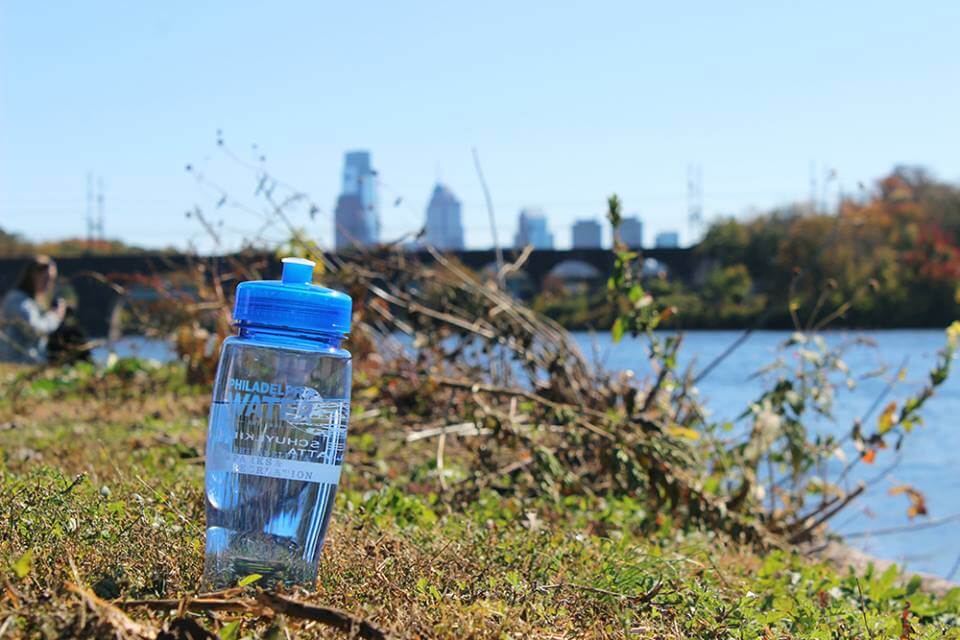In the wake of the Flint water crisis, the safety of the life-sustaining liquid is in the American consciousness, and now a report claimsthatthe way many American cities test for lead, including Philadelphia, is anything butsafe. “Several cities have advised residents to use questionable methods when conducting official tests for lead content,” reported Oliver Milman for the Guardian newspaper. “These include encouraging testers to run taps for several minutes to flush out lead from the pipes.” Milman explained that practices like that “have been criticized by the EPA for not providing accurate results, with the agency telling authorities not to use them.” RELATED: Obama administration official resigns amid Flint water scandal According to the Guardian, a senior official at the Philadelphia Water Department expressed consternation to water researcher Dr. Yanna Lambrinidouin a Nov. 2015 email. At that time,Lambrinidousat on an EPA task force that investigated federal regulations on lead and copper poisoning. “We are trying to stay up on the latest science as best we can,” the official reportedly emailed Lambrinidou. “We get confused by it and wish that a national forum of experts could get together and agree. But it’s often left to us to try and make sense out of everything that is published and talked about.” Part of the problem stems from the way water testers are instructed to gauge water safety, Lambrinidou said.
Philly “asks testers to ‘run only the cold water for two minutes’ before taking a water sample,” Milmanadded. That practice, as well as deliberately pickingdesirablehouses to test, could potentially hide problems. RELATED: Obama declares emergency in MIchigan over bad water: White House “You can also flush the water to get rid of the lead,” Lambrinidoutold the Guardian. “If you flush it before sampling, the problem will go away.” For its part, the Philadelphia Water Department insists that it follows EPA guidelines – and it’s worth nothing that the Guardian report does not dispute this. Instead, the Guardian report stated that the way regulators are currently testingmaybe “gaming” – their words – results in some, not all, cities. And, there existsdissonance between what the EPA rules say and what modern best practices seem to be. In fact, PWD said ittests for lead every three years “at more than 50 representative taps of vulnerable homes in the city.” This means that the agency doesn’t pick desirable results as the Guardian report claimed happens in some cities but, instead, seeks out potential problems if any exist. Philly water regulators insistthey adhere to EPA lead and copper requirements and that testing results “are used to determine if our corrosion control treatment technique is working.” Corrosion control is precisely the problem going on in Flint, Michigan right now, where improper corrosion control allowed untreated water to flush lead from older pipes – and into drinking water. In Philadelphia, though, water safety regulators saytheirtreatment techniques “keep lead levels to a minimum.”
And, they’ve got the results to prove it.
Report claims American cities employ ‘questionable’ tests for lead in water

Philadelphia Water Department



























